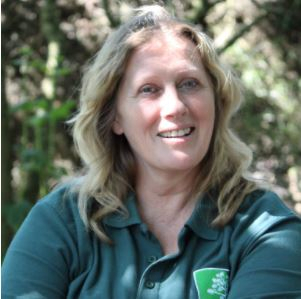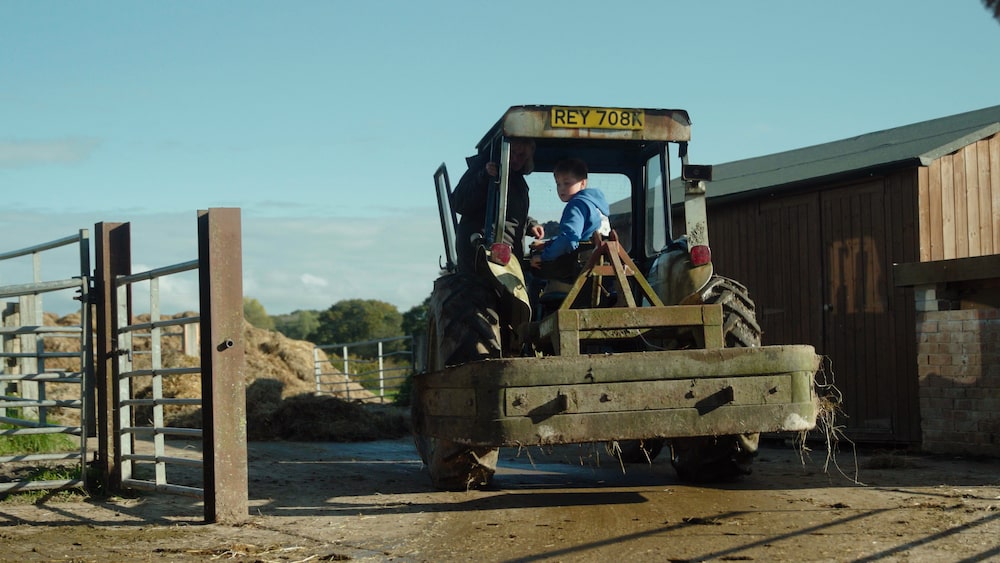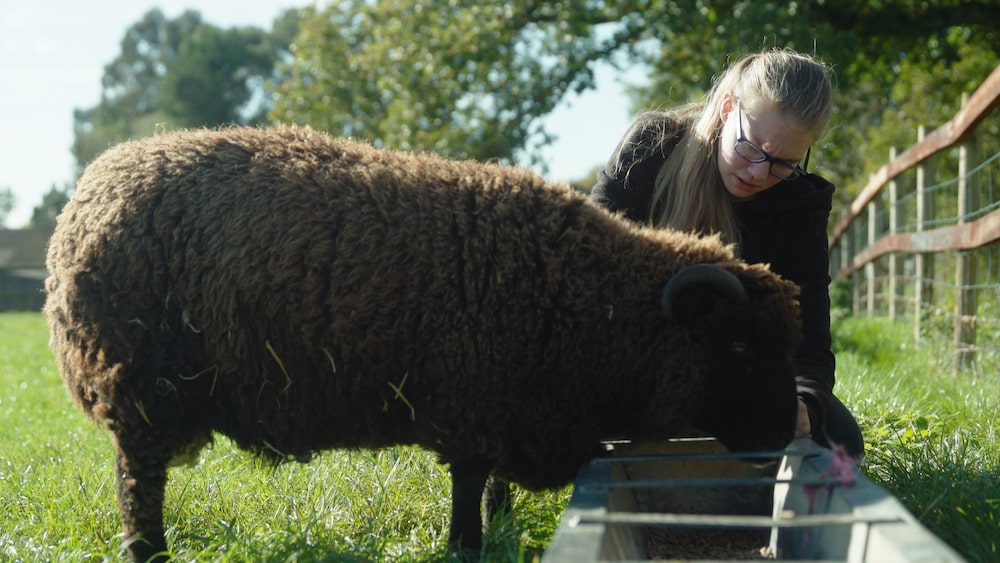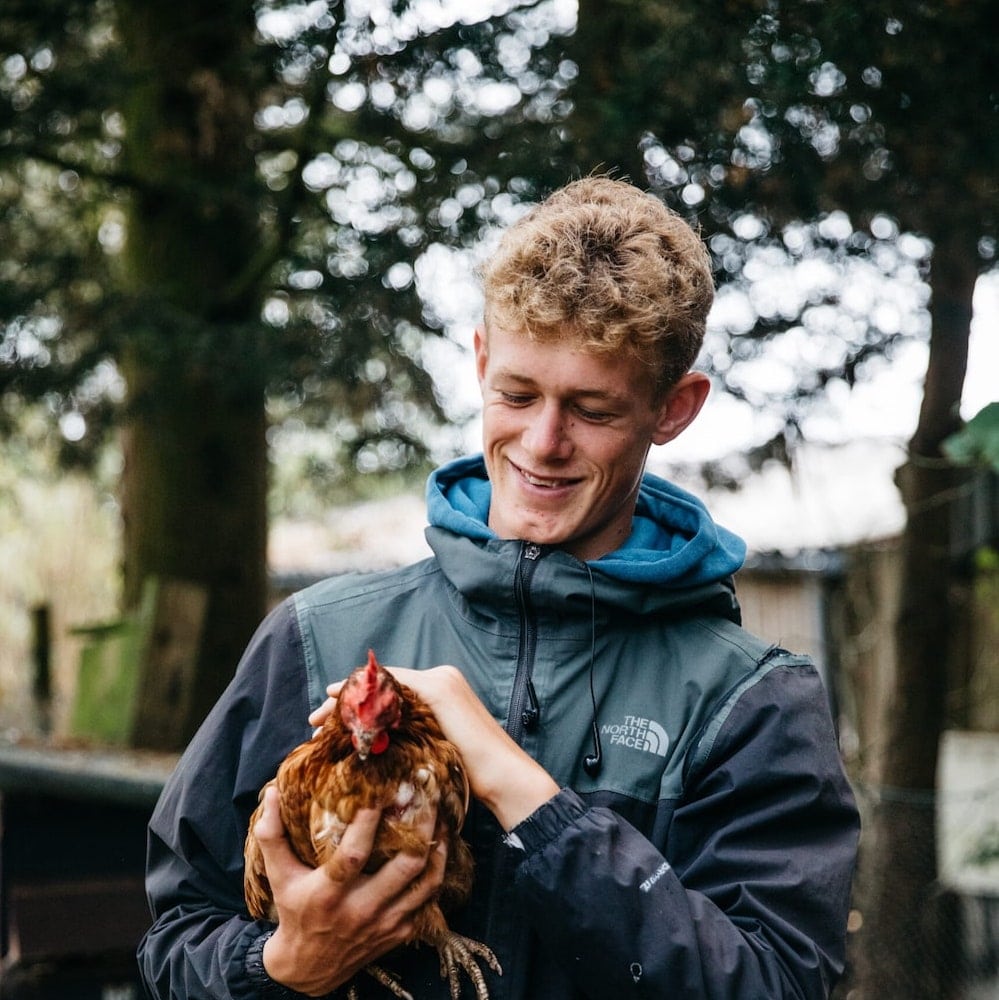Future Roots is a care farm based at Rylands Farm, West Dorset. It has been developing programmes and opportunities for young people for over 13 years.
It was set up by Julie Plumley a registered social worker with a background in farming. Julie brings over 20 years’ experience of working with teenagers and families in the Dorset area.
Active referral pathways with schools means that Future Roots has contracts and service level agreements with between 15 and 20 South West schools. Future Roots positively engages with between 90 and 115 young people each week.
What We Offer & Who We Work With

Rylands Farm, West Dorset
Future Roots helps young people who have found the traditional classroom environment challenging. The farm engages young people aged from 8-18 in alternative learning and nurture groups.
Young people who come to Future Roots may have social, emotional and mental health (SEMH) needs, behaviour issues, medical conditions or special educational needs and disabilities (SEND). Youngsters may be at risk of, or have been, excluded from school and some do not attend school due to anxiety. Most are at risk of becoming NEET (Not in Employment, Education and Training).
The farm uses accredited and therapeutic programmes to help young people overcome trauma and emotional challenges. At the same time, young people learn new skills on the 30-acre farm. The results can be life changing.
“The therapeutic effect of care farming is massive. Farming is the original mindfulness! We don’t call it that, but it’s what it is, and it’s proven to make a big difference Young people can find it difficult to manage mainstream school for many reasons. By giving young people headspace and an outlet, when they go back into school they can learn.”
Qualifications and skills training
Future Roots offers both therapeutic wellbeing programmes and accredited learning sessions. Young people can learn functional skills, do short courses or complete vocational qualifications. The farm caters for young people who can work in groups and also for those who need enhanced one-to-one support.
Future Roots works with schools and local colleges so youngsters can gain skills. The farm is Ofsted registered and a recognised National Open College Network (NOCN) centre.
Programmes help children with a range of needs and focus on personal goals and outcomes with regular reviews and monitoring. Programme evaluation happens in partnership with parents and referrers or the school. Future Roots uses a resilience model to assess what young people need most.
The resilience model covers what may be missing in a young person’s life. It might be a sense of belonging, opportunities to achieve, hope, exercise or fresh air. Resilience and softer targets usually come first before introducing a qualification. When they are ready, students can do a City and Guilds Land based Operations Level 1.
Future Roots also offers Maths and English at entry Level or Key Stage 1 and 2. These skills help young people go on to college or Apprenticeships.
Young people can also choose to do short courses like the John Muir Environmental Award. The key is to find out what interests a student, from food hygiene to first aid. The hands-on approach especially benefits kinaesthetic learners, or people who learn by doing.

“We work on what the young person feels that they can achieve. We have to be person-centred to make a difference long-term. It helps young people know that they can write, or that they can achieve qualifications when they think that they can’t. It’s a gateway to feeling like they belong.”
Process & Funding
Young people are referred to Future Roots in different ways. A referral can come from anyone, from parents, schools, colleges, health or social workers.
A placement starts with a visit so that a young person can try the farm environment. The farm works with schools to include things like Education and Health Care Plans (EHCP).
The farm’s resilience model is the starting point and sets goals for the first six weeks. After that progress reviews take place every six weeks to track outcomes.
Cost of placements depend on the level of care provided, and range between £40-50 a session. Some young people are one-to-one, and others work in a group of six. Groups are a maximum of 10, but most group sizes are six people with two staff workers. Some young people will only come for four hours a week, other young people might come for two sessions.
“We work as closely with schools as we can. We’ll attend meetings, and we like teachers to come out here too. We have an Awards Day where parents and teachers can come and celebrate successes.”
Outcomes and achievements

The name Future Roots reflects the farm’s values. Both big and small successes are celebrated and encouraged. The farm’s ethos is that everyone has a talent for something.
It could be learning to drive a tractor or being brave enough to go in with the animals. Sometimes it’s helping others that makes the biggest difference to students at the farm.
Care farming can help school attendance and performance, but the positive changes don't stop there. The most powerful changes are often self-belief and becoming part of the community through work, college or work experience.
“There are so many different aspects of the curriculum that young people can learn at the farm. Although we can’t always integrate children back into schools, attendance improves if care farming is part of provision. Young people realise it’s not just the care farm that needs them but somewhere else too.”
Profile - Jordan moves on to a bright future
Jordan came to Future Roots when he was 13 years old. He struggled in mainstream school and began to find himself in trouble, making negative decisions and feeling that people had given up on him. Now in his 20s, Jordan has turned his life around with the help of the care farm. He recently left Future Roots with qualifications and a new job.

“Jordan had no functional skills or qualifications when he came here but now he’s got a full-time job on a dairy farm that he absolutely loves. His headteacher could not believe the positive change in him. Without care farming, Jordan would never have got the opportunity to even know what work on a farm was about.”
Care Farmer - Rylands Farm, West Dorset
“I started Future Roots because I found academic work frustrating and difficult and got myself into trouble at school. I completed City and Guild level 1 in Land Based Operations in the first two years. I was taken on as an apprentice and needed to do functional skills Maths and English. I completed my apprenticeship in 2020.”
This resource was produced through the Growing Care Farming project.
Growing Care Farming is part of the Government’s Children & Nature programme, delivered by Social Farms & Gardens in partnership with Thrive.
For more information about the Growing Care Farming project please visit www.farmgarden.org.uk/gcf